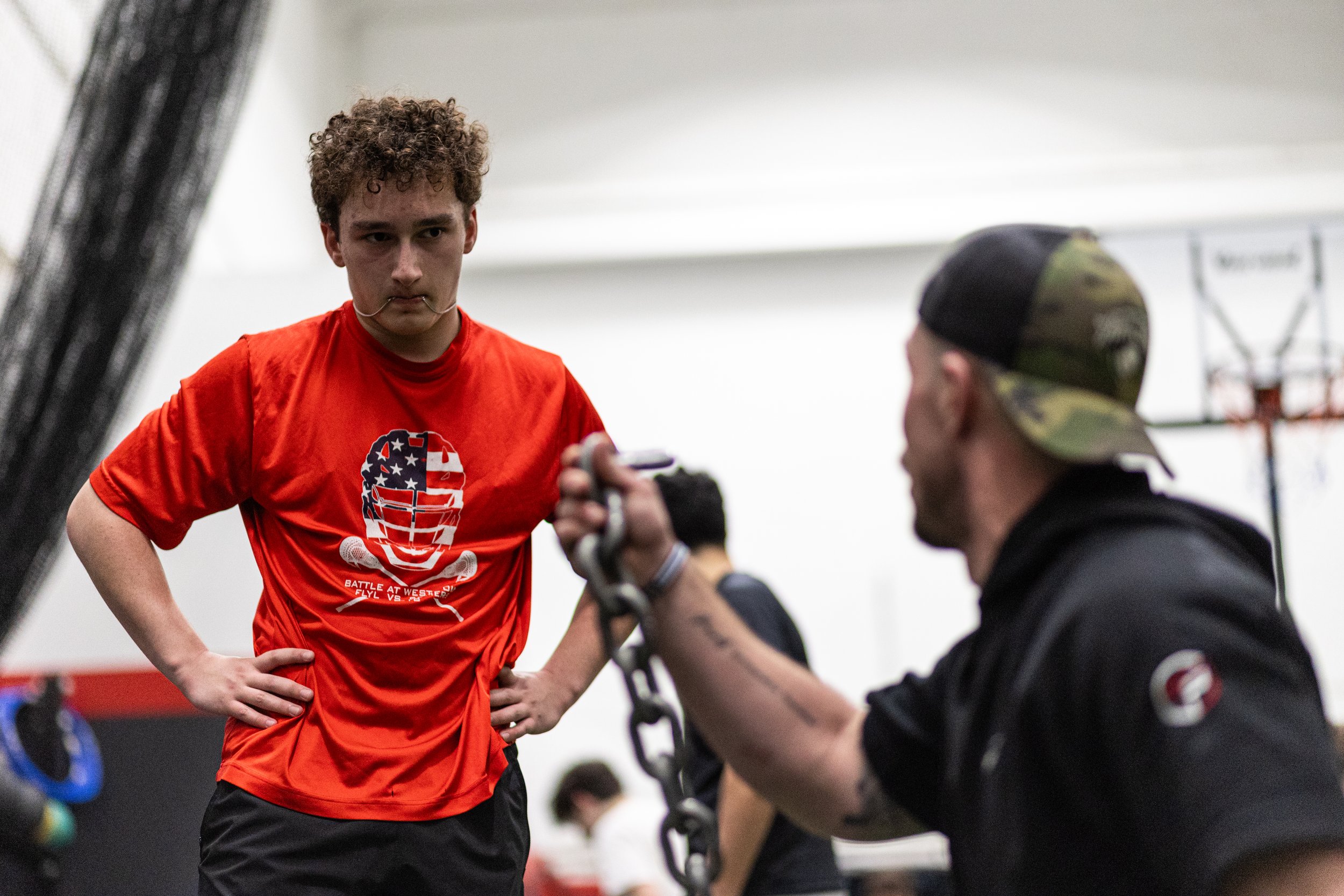Will Strength Training Actually Make You Worse at Your Sport?
/When it comes to high-level athletic performance, there’s a tipping point where endlessly chasing heavy weights for speed development becomes counterproductive. Strength training can indeed make athletes slower if overdone, especially at elite levels. One critical yet often overlooked factor is how much the athlete enjoys the program. I've identified several neuro-types and personality traits to consider when programming for athletes, and it's tricky when an athlete from multiple sporting backgrounds isn't sure what they enjoy or dislike.
I'm not suggesting that athletes need to love every single lift to improve, nor should training be a constant source of fun. Instead, consider this example: a big-bodied lineman may find joy in grinding through heavy lifts, while a slender-framed golfer will likely appreciate the technicality of complex exercises that engage specific muscle groups. To foster adherence to a program, coaches are often taught to “give them what they want while sneaking in what they need.” While this is true to an extent, the "why" behind your program can't be hidden. Observing an athlete's response to training stimuli is crucial.
When a new athlete starts strength training, they often need a foundational base. But what about athletes who are excellent at their sport yet unfamiliar with weight training? They may struggle with basic lifts despite their superior coordination and gameplay. Does this athlete need a strength-heavy regimen to improve their performance? Maybe, maybe not.
Elite athletes often defy conventional metrics. Many don't have outstanding weight room numbers but still excel in their sports. Take Lionel Messi, for example. He isn't known for his bench press or squat max but is still one of the greatest soccer players in history due to his agility, coordination, and technical skills. Steph Curry isn't the strongest NBA player, but his shooting precision and court vision make him unstoppable. These athletes exemplify how game-specific skills often outweigh traditional strength training benchmarks.
As a coach, telling such an athlete, "Hey, you're a great athlete, but you need to stack this stress on top of your skill training to run faster," seems shortsighted. Fundamentals should certainly be taught, and performance should improve with new stimuli. However, I’d bet that if I gave them more than 12 weeks of a strength-dominant program, they'd become slower and less fluid than before. Strength training is taxing and can hamper an athlete’s ability to practice their craft due to soreness, fatigue, and stress.
It's crucial to recognize that speed is a combination of technical skill, neurological efficiency, and strength. Strength training should complement, not hinder, these other aspects. Coaches need to spend time observing their athletes play because that’s what truly matters. How do they move? What's their mindset like? Do they quit when things get tough, or do they encourage others? Do they have that extra gear at the end of the game that propels them past the competition?
With these answers, create a program that targets weaknesses without detracting from the athlete's existing strengths. Ensure that the athlete adheres to the plan without feeling forced into it. For instance, my approach to coaching swimmers is vastly different from how I coach basketball players. These are fundamentally different sports with contrasting mindsets, and treating them the same makes no sense.
Ultimately, a successful program aligns with an athlete's neuro-type, optimizes their enjoyment, and caters to their individual needs—all while fostering adherence. By emphasizing what matters most in gameplay and providing the right stimulus, coaches can ensure athletes reach their full potential without sacrificing their unique strengths. So to answer the question, will strength training make you worse at your sport- no, m. Strength training is a foundational component of athlete success. HOWEVER, mindlessly chasing heavier and heavier weights with no consideration of on field performance will ultimately take away from the athlete’s capacity to practice their craft, and in my opinion, make them worse at their sport.


